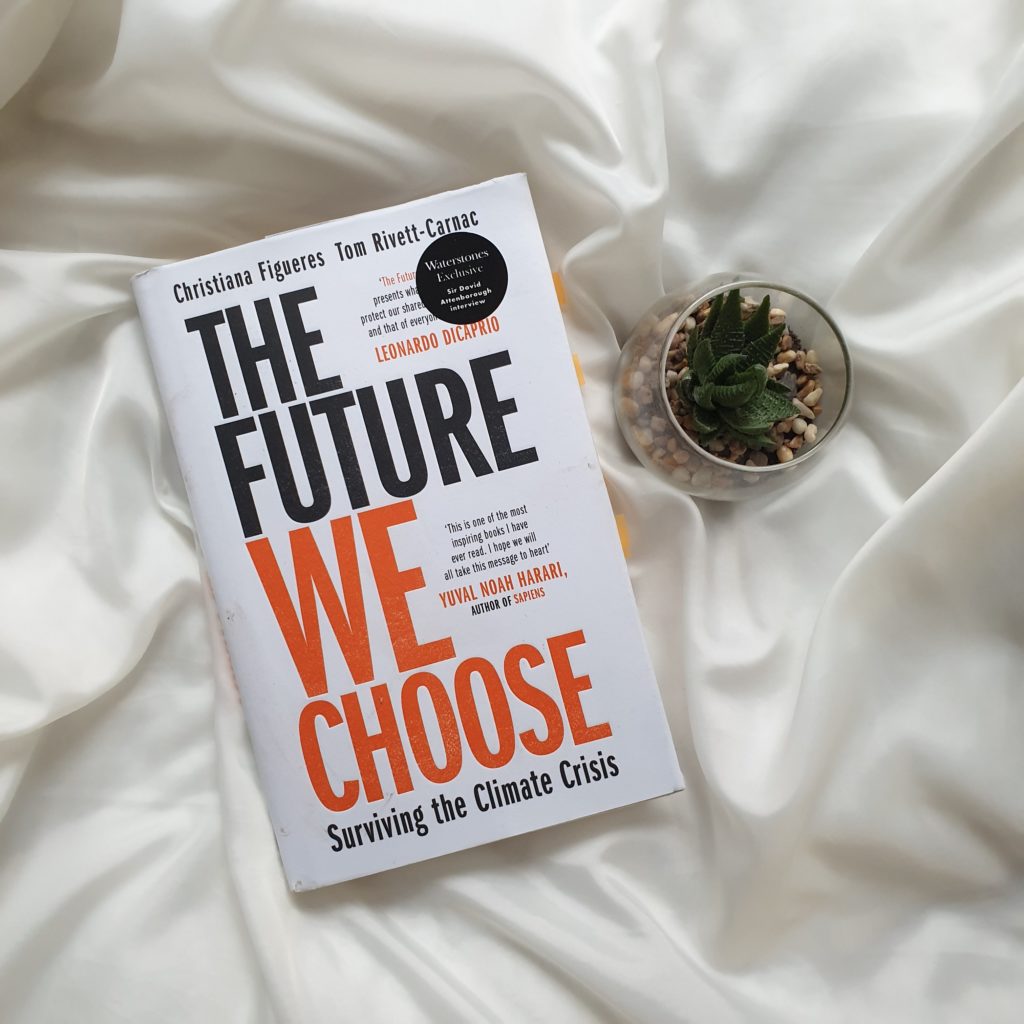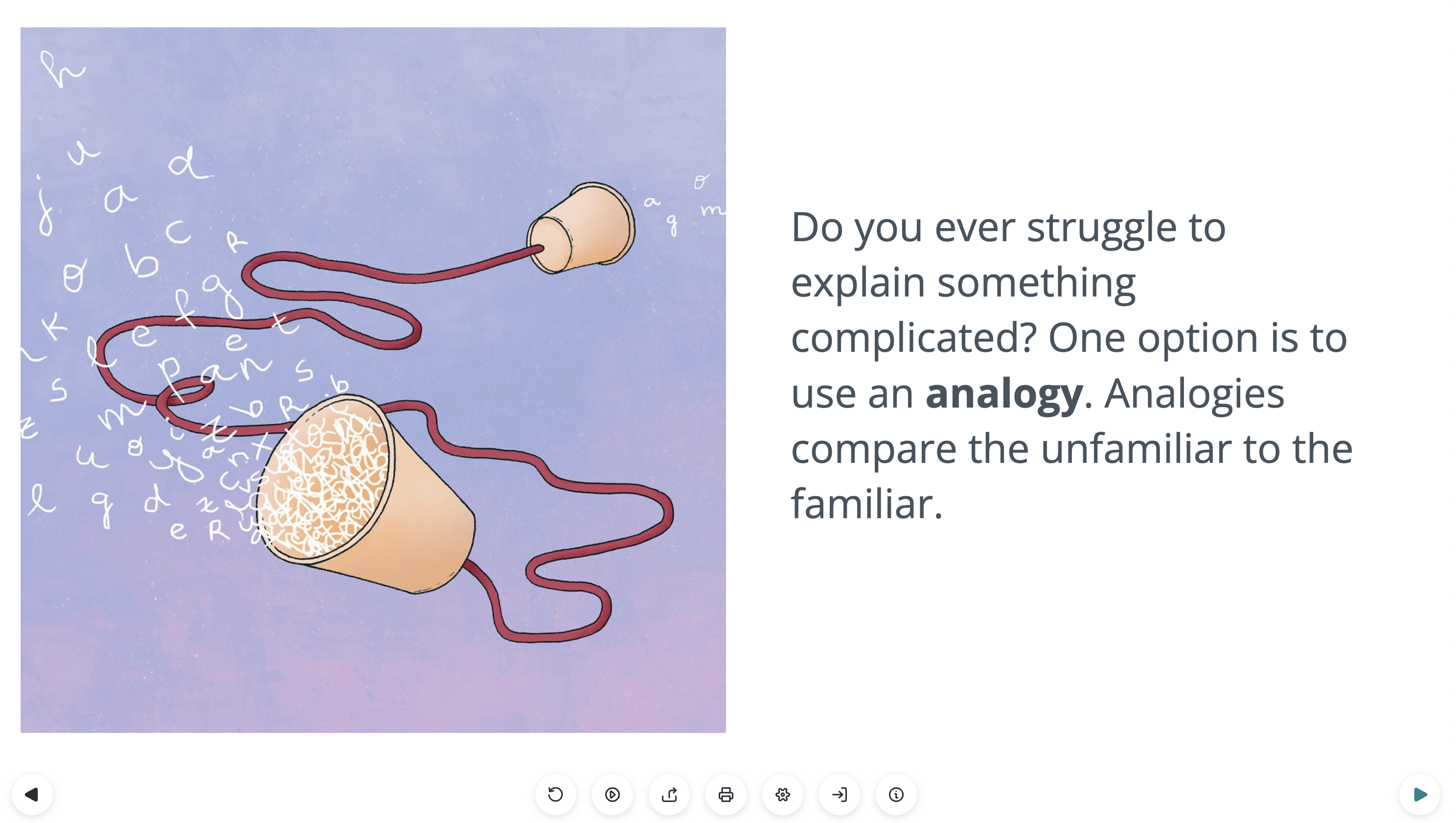The Future We Choose is an urgent and articulate book, written by two very powerful and well-positioned people; two people who were frontrunners in the 2015 Paris Climate Change Conference. Christiana Figueres was the UN Executive Secretary for Climate Change from 2010 to 2016, and Tom Rivett-Carnac was the senior political strategist at the same conference. Together, they have also founded Global Optimism, an organisation focussed on bringing about environmental and social change. They are also two people who vehemently believe in taking strong action.
In the beginning of The Future We Choose, Figueres and Carnac have vividly outlined two very discrete, yet entirely possible future scenarios. They are both set in 2050.
In the first one – the world we are currently on our way to creating – global temperatures have risen by 3°C, and every breath we take is painful. Disease and disaster are rampant, and food production is unpredictable. People are unprecedentedly turning on each other in this battle for survival. These are no conditions for any human being to prosper.
In the second scenario, the world is still 1.5°C hotter, but humans have changed their ways for good. We are thriving – environmentally, economically, and emotionally. Everything is nearly perfect, and civilisation has never been so much in sync with nature.
Which future we live in will be decided by the actions we choose to take now. The book goes over steps we can take immediately, tomorrow, next week, and over the course of several years.

The Future We Choose, Christiana Figueres and Tom Rivett-Carnac, 2020
Figueres and Carnac are convincing in their tone and vivid in their imagery. They ensure that your initial reaction of frustration and anger turns into a feeling of hope and optimism by the end of the book. In addressing the reader directly, they aim to have a civilised conversation about the crisis. Perhaps the most commendable aspect of this book is that the authors don’t play a blame game; rather, they address the problem as a whole, something each and every one of us has to gear up for, irrespective of our differences.
Figueres and Carnac are ambitious in their advice, starting with factory-resetting our minds and cultivating a kind of stubborn optimism that will replace all our intrusive, negative thoughts regarding the irreversibility of the climate crisis. According to them, this is the greatest challenge humanity will ever face, but we can, and we will fight it. This 170-page book suggests that the first step towards a better future is drastically changing our mindset. But in doing so, it doesn’t consider how difficult it is to achieve these changes on a large scale. The pandemic has brought to light just how unprepared we all are to adopting and adapting to any kind of change.
Worthwhile as they may be, the actions that these authors have suggested can be a tad too ambitious. In their eagerness to convey their life-altering messages and methods to combat this growing crisis (which is justified), they share ideas that are either unhelpful or unrealistic for the average consumer. The book urges you to write to large, multinational corporations asking them about their environmental impact, and yes, urge them to take action. If letters from the public could sway these conglomerates, we wouldn’t be here in the first place. They also ask you to plant trees whenever and wherever you can – but how many of us really, especially the ones residing in urban areas, have the space or resources to plant a tree?
In contrast, there is hardly one paragraph about reducing our carbon footprint by altering our meat-based diets, steering away from fast fashion and fast food, and paying more attention to our recycling and reusing habits. There is no mention of using reusable coffee mugs, using recyclable make-up products and/or opting out of (online) shopping that relies on high emission shipping and transport. Furthermore, the book never once acknowledges that the actions need to be vastly different for citizens belonging to different socio-economic areas, and even more different for business owners, large and small.
The Future We Choose is a breezy read; almost too breezy at times. Before anything, it encourages you to recognise the climate crisis, and that in itself is a good first step. In very smooth flowing prose, the book highlights the urgency of the situation, and where we currently stand, but these aren’t things the normal, climate “woke” person doesn’t already know. Hence, for more comprehensive action advice, I would choose to browse elsewhere.




